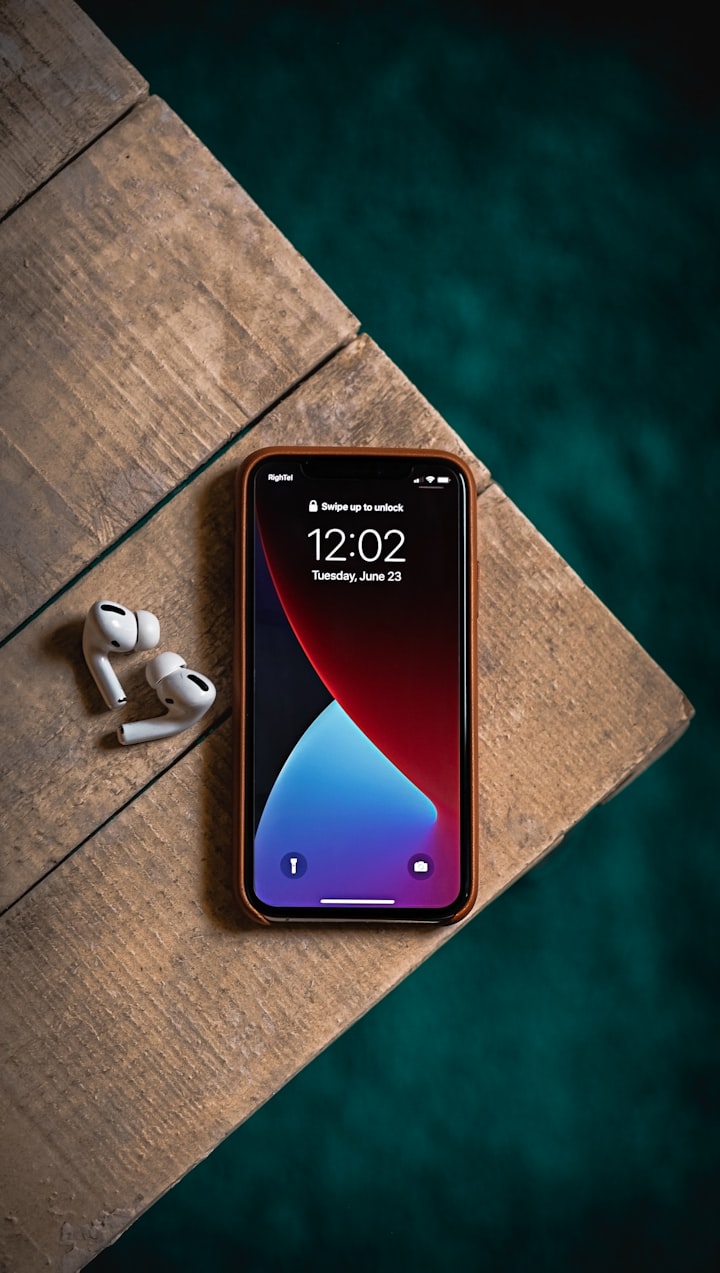Mobile Or Life?
A sure sign that the industry is maturing is that everyone is talking about monetization.

M-commerce is a new word on the lips of the largest mobile device manufacturers. At The Mobile World Congress 2012 held in Barcelona, there was only talk about how NFC (“near field communication” — short-range wireless high-frequency communication technology) will disrupt the mobile services market.
But let’s talk about everything in order.
The Mobile World Congress 2012.
Every year, the largest players in the mobile market come to Barcelona. The agenda is simple — to see people, to show themselves.
The guys from the developer-tech.com team attended the congress and made a traditional rating of the most frequently encountered keywords in the reports. Introducing the five most popular themes.
1. Web applications and HTML 5 . Many companies have embarked on a course of introducing the new standard into their development strategies (for example, Mozilla). HTML5 and the flourishing of web applications were the hottest topics at the conference.
2. Mobile applications. A whole section was devoted to mobile applications. Almost every participant of the congress presented their developments in this area.
3. Payments, NFC, m-commerce, and mobile advertising. A sure sign that the industry is maturing is that everyone is talking about monetization. At the congress, many developers presented their services in this area. From billing for micropayments and the introduction of NFC technology into mobile devices to complex solutions in the field of mobile commerce.
4. Smart TV and “auto in touch”. These are the two most mature market segments that will drive the next wave of innovation. TV and car devices traditionally have built-in proprietary systems, which have now begun to move towards open platforms and third-party applications.
5. M 2 M (machine to machine communications) / Internet of things. There was a lot of talk about this before, but now it is becoming a reality. It’s simple: the cost of devices tends to zero, and the need to link disparate devices into a single system is growing. For example, the contents of the refrigerator and ordering the necessary groceries at home, smoke and fire detectors and your cell phone, etc. Soon, your stuff will take on a life of its own on the Internet.
Realizing all of these great ideas will largely depend on creating a viable ecosystem. The basis of any ecosystem is monetization, or in other words, the movement of money through transport channels. The most promising is the development of the “mobile commerce” (m-commerce) segment, the success or failure of which will largely depend on the viability of the NFC technology. The topic hit the trends at the congress, which shows the high level of interest of those who create the modern world of mobile devices and applications.
M — trade.
The US Electronics Consumers Association ( CEA ) conducted a study and found that more than a third of mobile device owners use them for online commerce. Study participants also said they plan to spend about $ 575 over the next 12 months.
There are over 216 million handheld mobile devices in the United States, including tablets, smartphones, or cell phones. 37% of mobile device owners are involved in some form of mobile commerce — looking for a product or paying for a purchase online or in the store itself, using or looking for coupons or gift certificates.
35% of all online transactions occur on mobile devices. Most often they buy:
1. Books and music.
2. Consumer electronics.
3. Clothes and shoes.
The main reason that hinders the development of mobile commerce at the moment is the security of personal data.
NFC.
Near Field Communication, NFC is a short-range wireless communication technology (up to 10 cm). The new technology is intended primarily for use on mobile devices. NFC technology is a continuation of RFID tag technology.
NFC chips are already being built into modern smartphones. The area of application of the technology is extremely wide:
1. Payments. Pay whatever you want after contacting the phone with the terminal and entering the pin code.
2. Tickets. RFID compatibility allows a cell phone with an NFC chip to be used as a means of identification. Those. the reading terminal will uniquely identify your phone and let you do something or not. For example, passage through the turnstile in the subway, cinema tickets, parking, etc.
3. Interaction with objects. Open locks run interactive ads, or “download” a discount from a billboard. You can also initiate some processes upon contact, for example, with a TV (launching a video from the Internet) or a refrigerator (receiving content).
What can we say, NFC is the technology of the future, the implementation of which will change the consumer model and open up new marketing opportunities.
iWallet vs . Google Wallet.
Google Wallet is an electronic payment system announced in May 2011. If your phone has an NFC chip and an Android operating system, then you can make purchases using your smartphone. The system is still operating in the United States, covering about 1,400 stores and health food outlets.
On March 6, 2012, the US Patent Office issued Apple a patent number 8,127,982 for iWallet technology. Rumor has it that the new iPhone5 will be equipped with an NFC chip and an iWallet app paired with an iStore account. This combination of “hardware” and “software” will allow you to make purchases using your smartphone. The question with the name of the new application remains open. Some think that the name will be iWallet, while others — E-Wallet.
But it is absolutely certain that the new iPhone5 will implement a technology that will turn a simple smartphone into a tool for paying for purchases and identifying the user.
Whose cake?
According to some estimates, the NFC mobile commerce market will be over $ 74 billion by 2015. So far, the issue of personal data security in m-commerce remains open. But manufacturers are already preparing for a future revolution and are embedding NFC chips in their devices just in case.
M-commerce is such a big and delicious cake that so far belongs to everyone and to no one. So far, there is only one question — who will be the first?
About the Creator
Michail Bukin
Creative Writing Expert and Ambitious Stutterer






Comments
There are no comments for this story
Be the first to respond and start the conversation.